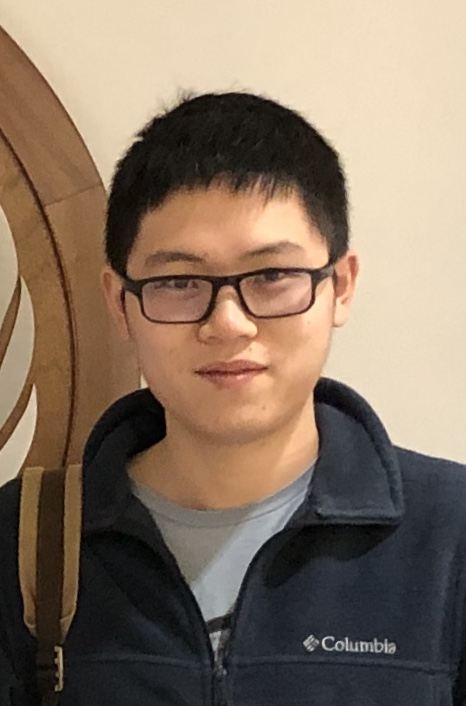Dissertation Defense
Computational Investigations of Fundamental Plasma Processes in Semiconductor Industrial Applications
This event is free and open to the publicAdd to Google Calendar

Abstract:
The continuous downsizing of the critical dimensions (CDs) of semiconductor devices presents challenges to plasma based semiconductor fabrication processes. Better control over plasma properties is necessary to enable atomic-scale precision manufacturing. In this dissertation, reactor- and feature-scale modeling was performed to investigate fundamental processes important to plasma materials processing. These investigations used and improved the Hybrid Plasma Equipment Model (HPEM), and the Monte Carlo Feature Profile Model (MCFPM).
With pulsed plasma processing becoming an increasingly important technology, the impact of the impedance matching network (IMN) and frequency tuning on power transfer to pulsed inductively coupled plasmas were investigated. Impedance mismatch occurs when the circuit components in the IMN are fixed while the plasma properties change due to the pulsed power. Frequency tuning of the incident power can be employed to rapidly optimize impedance matching during the entire pulsed period and provides optimal power transfer.
Plasma-enhanced atomic layer deposition (PE-ALD) of dielectric films is a critical technology for fabrication of advanced logic and memory. The mechanisms of PE-ALD of SiO2 using Ar/O2 plasmas were investigated for blanket deposition, and deposition in trench and via structures. PE-ALD is typically performed with organic Si precursors having large ligand groups. Steric hindrance during the early stages of deposition resulting from ligand remnants on the surface was found to produce disordered film structure as the film thickens. Due to conduction limits of plasma activated species, the surface reaction kinetics of PE-ALD at the top of high aspect ratio features can significantly differ from those at the bottom of a trench or via.
Chair: Professor Mark J. Kushner
Remote Access: https://umich.zoom.us/j/98935013601
 MENU
MENU 
